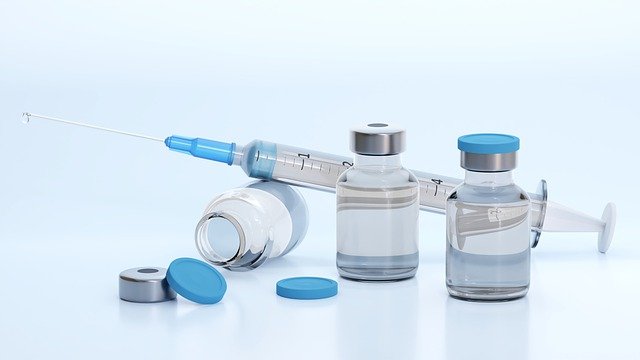The COVID Vaccines And A Common Myth
Coronavirus disease 2019 (Covid-19) has affected tens of millions of people globally, since it was declared a pandemic by the World Health Organization on March 11, 2020. As many of us are aware, vaccines have been created to fight against COVID. Since the vaccines are new, there is a question around whether it is safe or harmful for the human body and what types of symptoms are caused due to the vaccines.The COVID vaccines are now known as the fastest vaccines ever created, as they was created in under a year. Previously, the fastest vaccine to go from development to deployment was the mumps vaccine in the 1960s, which took about four years.
There has also been a lot of information passed around regarding negative and harmful experiences due to the effects of the vaccines. There has been a lot of misinformation surrounding the vaccines and their development. Both the Moderna and Pfizer vaccines have been very well studied and underwent full reviews by experts. According to studies, nearly 44,000 people enrolled in the randomized Pfizer clinical trial, including 225 at UC Davis Health.The results were carefully reviewed, and both vaccines were scientifically proven to be very safe. One common misconception people have regarding the vaccine is that it has a possibility of causing the virus, which is proven to be false. There’s no way to get COVID-19 from the vaccine. None of the FDA-authorized vaccines, or vaccines currently in development in the U.S., use a live virus. The Pfizer and Moderna vaccines use messenger ribonucleic acid (mRNA), which carries instructions to your body about how to build a protein. In this case, it’s telling your body to make the spike protein that’s on the novel coronavirus. As a result, your immune system remembers the protein and is ready to attack and eliminate the real SARS-CoV-2 virus. Though, sometimes this process can cause symptoms, such as fever. The U.S. has now received doses of the Pfizer and Moderna coronavirus vaccines, which are being administered throughout the country. The Pfizer and Moderna vaccine formulas require two doses to be administered 21 or 28 days apart. Vaccine developers are working to boost the effectiveness of vaccines to provide longer immunity than an actual coronavirus infection would, according to Johns Hopkins University.
Hopefully, we see the real impacts of the vaccines this summer, as we prepare for the fall.

